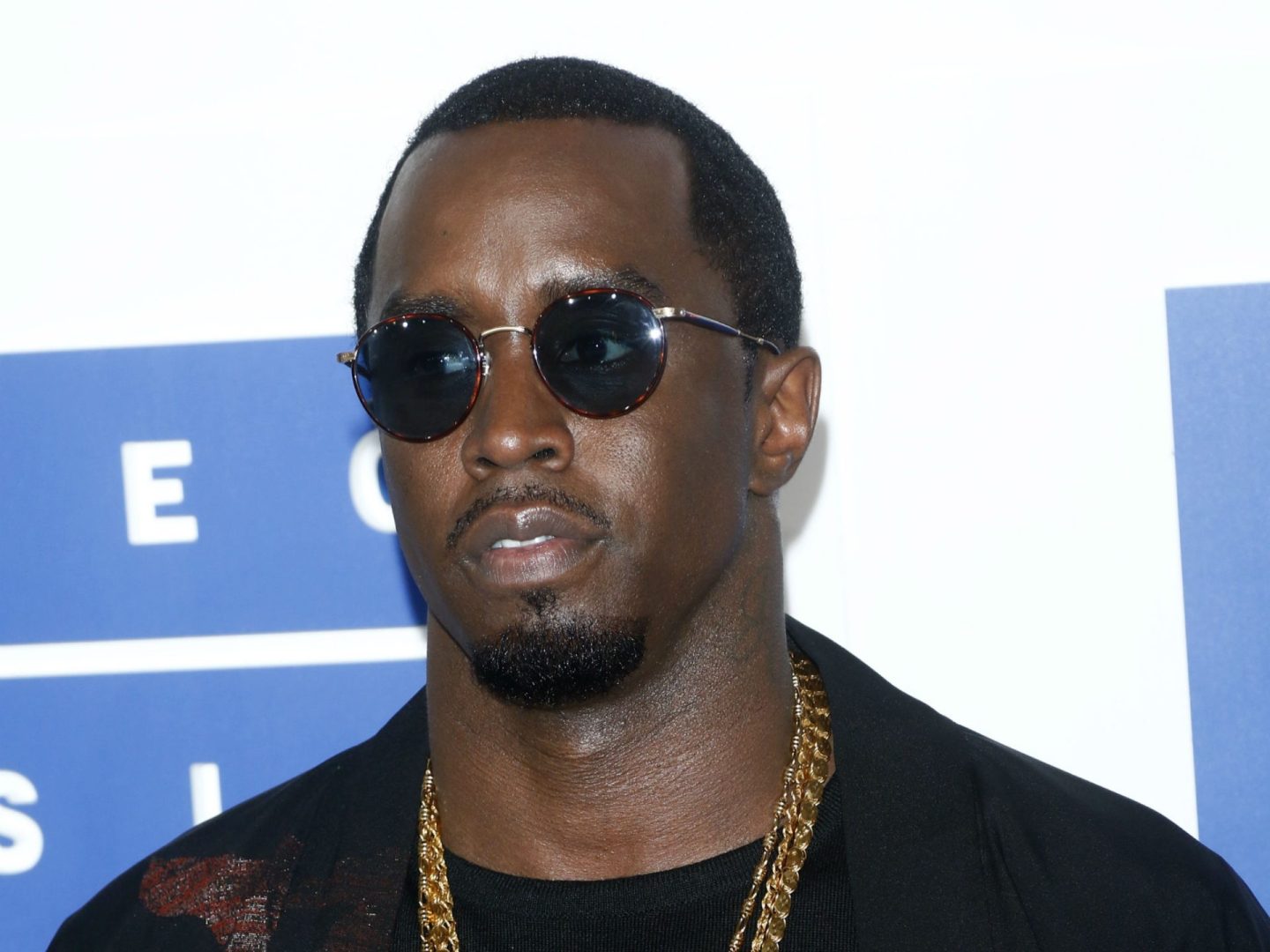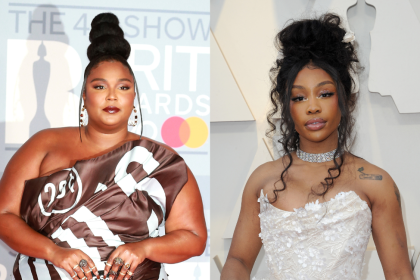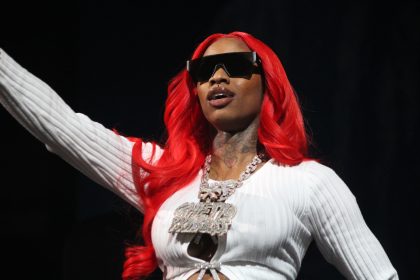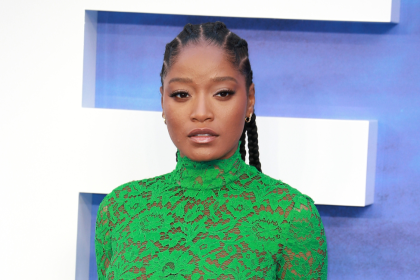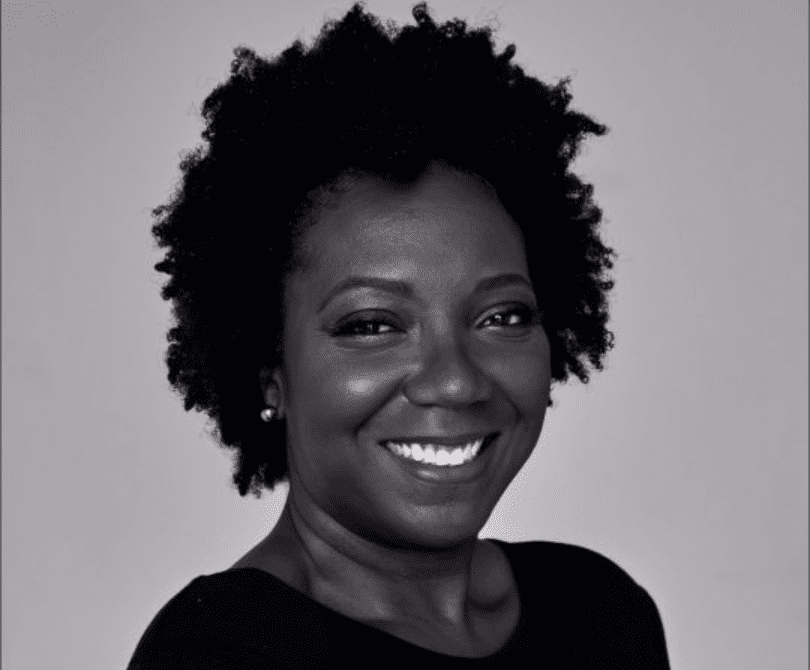
Joyce Wilson is a modern educator who received her B.A. and Ph.D. from the University of Georgia (UGA) and her Master’s from Pepperdine University. She was recognized as the 2011 and 2012 Hip Hop Archive Fellow at the W.E.B. Du Bois Institute at Harvard University. As an instructor, Wilson is disrupting the norm in curriculum and calling out the many instances of cultural appropriation influenced by hip hop.
What was the journey of studying hip hop like?
It wasn’t easy. I was trying to figure out how to navigate academia. At UGA in the College of Education, I think my dissertation might have been the first one on hip hop and education, particularly from the southern perspective. So, I made sure that I had people that understood the vision, they were open minded enough to understand that there was something here. There were times where I had to navigate those politics and I continue to do so.
The field is coming up on its 30th year as an area of inquiry, particularly in academia. There’s so much research that’s been done that trying to convince people that this is a viable and valid area to research is unnecessary. Young scholars that are coming up and want to do this type of work are not having to convince anyone, or do that early work for folks in a way that I know that I did and the early pioneers of this work had to do as well.
Why should someone study Nelson George and his body of work?
He’s one of the great critical thinkers as it relates to music, culture, and American society. He wrote “Hip Hop America.” Those were the two books that I saw roaming around. When bookstores were a thing, I would go and just kind of get lost in them. I got lost in a Barnes and Nobles and found “Hip Hop America,” by Nelson George and “Black Noise” by Tricia Rose, which are two different types of books, but they are both critical analysis of the culture as it relates to American society. It was important because, particularly Nelson George, talks about hip hop’s relationship to White America, and why the music sounds the way that it does. “Black Noise” does the same thing, but does it in a more academic way. It’s super heavy and has all of the research there. Those two and “Blues People” by Amir Baraka, those are the three texts that sealed the deal for me, and gave me some shoulders to stand on to pursue this work.
What separates hip hop from everything else?
Black people have an aesthetic of culture and cool that has constantly been exploited by industries in different iterations. Hip hop, as a generation isn’t unique in that way, however, I will say that it’s more important now than ever to make the distinction between hip hop culture and rap music. It is rap music that is mainly exploited for industry purposes. That’s what we see on television and in the commercials. That’s where we see a lot of the misogyny and toxic masculinity and all of these words that we use to describe what’s going on.
It’s really important that we understand that rap music is one practice of a huge culture that is baked with social justice, for affordances around social justice, and desires to have equity amongst diverse groups of people. It is a cultural forum and community that is built on being non violent, love, and on innovation, and having really great ways of teaching and learning. These are the things that are baked into hip hop as a cultural practice and a cultural form from day one.





